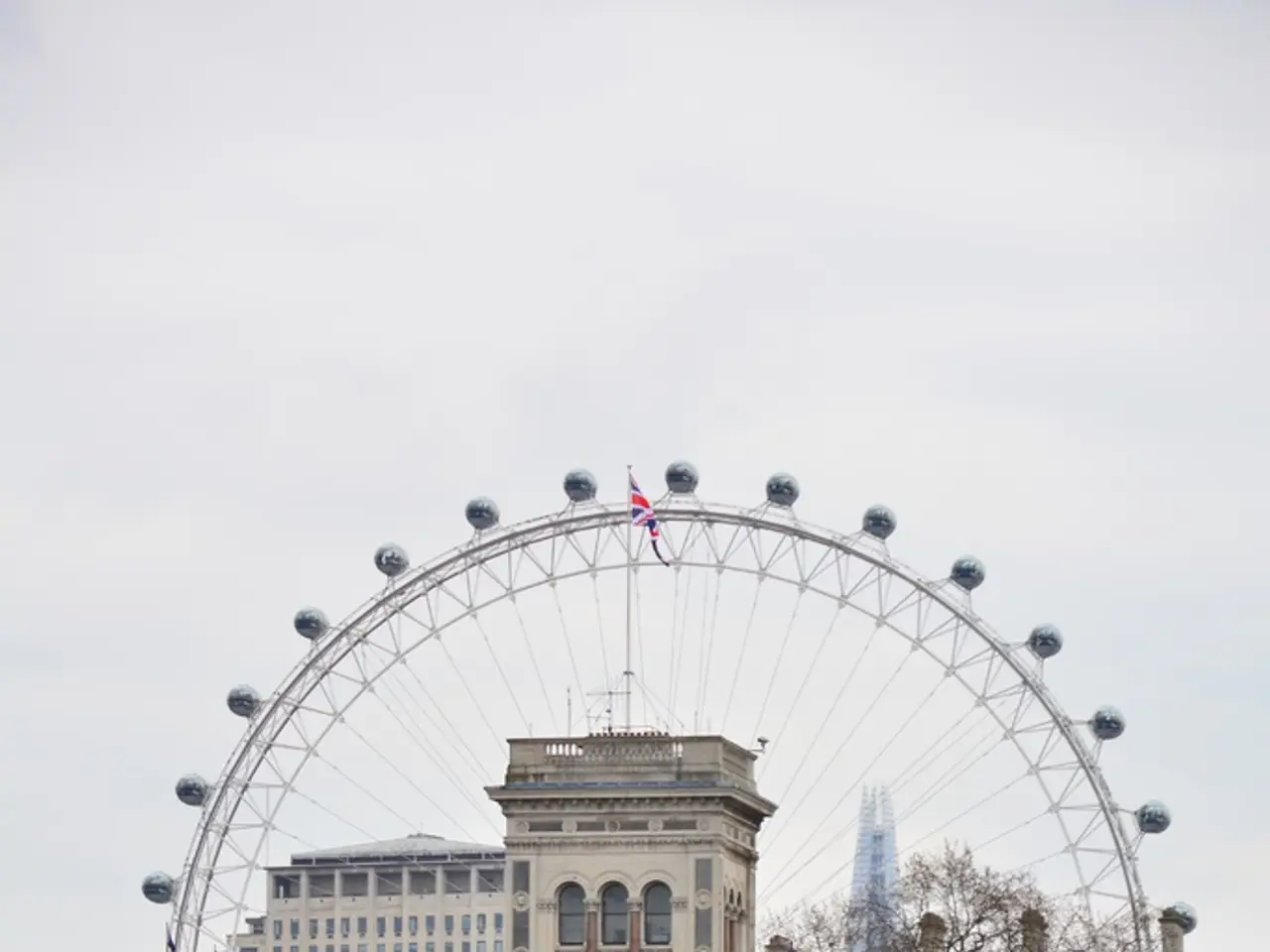Dismmal "hospitality zones" to worsen London's already failing nightlife scene
In the heart of the UK's ongoing efforts to revitalise high streets, a new initiative known as "hospitality zones" has been proposed. These zones, intended to facilitate alfresco dining and extended opening hours with reduced bureaucratic hurdles, have sparked a wave of debate among industry insiders and local communities.
One of the main criticisms levelled at the hospitality zones is their perceived tokenism. Entrepreneurs and industry voices argue that the plan fails to address the structural problems faced by the hospitality sector, such as rising costs, rent pressures, and the sustainability of existing venues (source [1]).
The complexities of nightlife districts, often characterised by a delicate balance between noise, community, and regulation, are another area of concern. The introduction of hospitality zones, which fast-track alfresco dining and extended opening hours, could potentially lead to conflicts around noise and community disturbance if not carefully managed (sources [2], [3]).
Residential complaints about noise from pre-existing lively night-time businesses have led to the mooting of hospitality zones. However, there is concern that these zones might inadvertently lead to more noise complaints or development pressures that could disrupt existing nightlife ecosystems (sources [2], [3], [4]).
Moreover, there is a fear that the hospitality zones could displace existing venues. By giving a competitive advantage to new businesses, these zones could lead to unplanned growth that alters the social fabric of nightlife districts, potentially resulting in gentrification or displacement (implied in sources [1], [3]).
Despite these concerns, the government is pushing forward with the plan. The new National Licensing Policy Framework aims to simplify and unify the process for securing planning permission and licences. Councils, eager to fill derelict shopfronts and see business rates flowing again, view the hospitality zones as an opportunity (source [5]).
Politicians are also eager to reap the political kudos that comes with 'urban renewal'. However, critics question whether the hospitality zones will replicate the sanitised, sterile aesthetic of places like Boxpark, potentially losing the unique charm and character of traditional nightlife districts (source [6]).
London, already boasting a plethora of dining and socialising options, has seen many of these establishments strangled by tax, regulation, and the Nimby veto (source [6]). As the debate over hospitality zones continues, it remains to be seen whether this initiative will offer a solution or exacerbate the challenges faced by the UK's nightlife districts.
Sources:
- The Guardian
- The Caterer
- The Drinks Business
- The Independent
- BBC News
- Evening Standard
- The arguing point among industry experts and local communities is whether hospitality zones address the root issues in the economy, such as rising costs, rent pressure, and the sustainability of existing venues in the entertainment sector.
- Critics are concerned that the hospitality zones, aimed at rejuvenating high streets, could inadvertently lead to gentrification or displacement of existing entertainment venues, potentially losing the unique charm and character of traditional nightlife districts.








